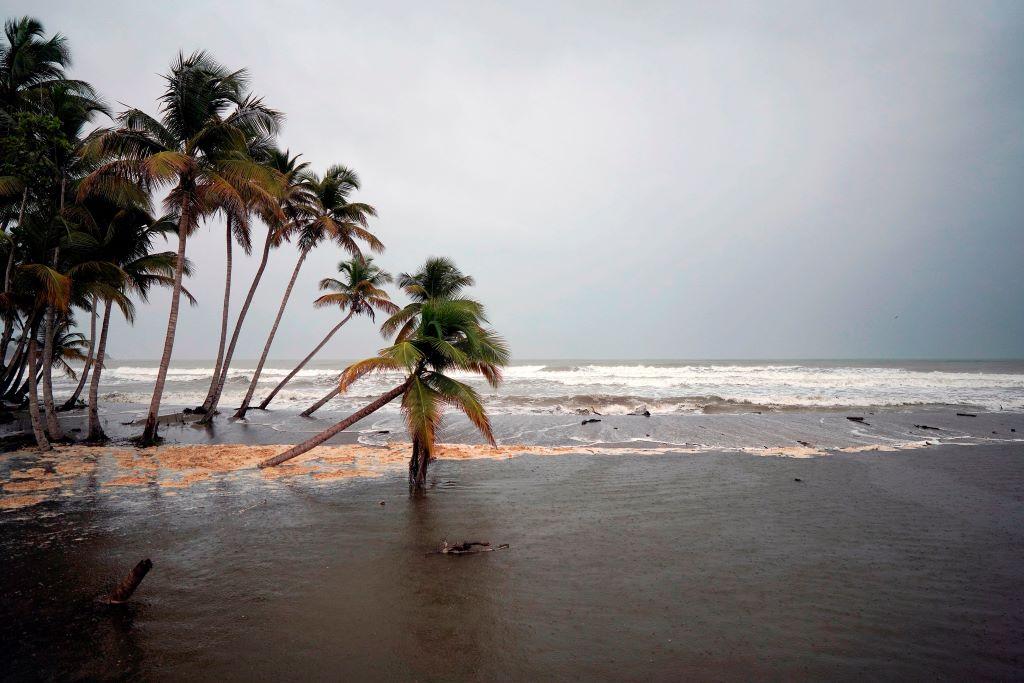
Premier Flight Support, formerly Arlet Aviation, a fixed base operator in Ceiba, Puerto Rico, survived two Category 5 hurricanes in two weeks--Hurricane Irma in September 2017 followed by Hurricane Maria.
Both left devastating paths of destruction across the Caribbean.
The FBO, which serves the entire Caribbean, is located at Jose Aponte De La Torre Airport, the previous home to Roosevelt Roads Naval Air Station, a U.S. military air base.
In May, Isla Global Aviation finalized the acquisition of Arlet Aviation and renamed the FBO Premier Flight Support.
With hurricane season for the Atlantic Ocean now underway, Premier Flight Support officials pull from their experience to offer advice for aircraft owners, operators and others to consider.
For those living in hurricane zones, whether in Florida, the Texas Panhandle, the Caribbean or other areas along the Atlantic, the time to prepare is months before a hurricane threatens.
- Flight departments, FBOs and others should have a written plan on how to manage a hurricane. The same could be said for tornadoes, hailstorms or other disasters.
First, “all jet owners in hurricane zones should be asking the same question—where am I going to go if a hurricane is coming?” says Gary Menzies, Premier Flight Support CEO. A plan should include where to position aircraft.
Too many wait until a few days before a hurricane is expected to hit to make those calls when hangar space is no longer available. Owners and operators should determine which airports lie to the west of them and call now, Menzies says.
“There is never enough hangar space in the Caribbean,” he says. “That’s why planning is key.”
Premier Flight Support is already getting calls from operators and has begun a list of customers who will have first rights to hangar space. The ability to get that space will be determined by the names on that list, Menzies says.
- Check insurance policies. Some policies include provisions that reimburse costs to relocate aircraft. Insurance companies would rather pay to move an aircraft than replace it, Menzies says.
- Make detailed plans for pilots and crew members who could be caught in a hurricane zone. Communication is key. Determine where they will go and how will they meet up with the aircraft in that event.
The jet may be in Miami, but the crew may be in Louisiana.
“Those plans should be well thought out,” Menzies says.
- Communicate now with employees. Premier Flight Support has been holding staff meetings to prepare. Be sure everyone’s contact information is current.
- Prepare for widespread power outages. “There will not be power for sure,” Menzies says.
For Premier Flight Support, that means having backup power ready. Since it operates with fuel trucks, workers will top off the trucks with fuel two or three days before a hurricane is expected to arrive. They also prepare with water.
- Be ready to help employees who may have been impacted. That may mean taking supplies out to help them survive or offering them space to stay at the business.
The FBO offered employees its hangars, water and showers during the 2017 hurricanes. Elvin Ortiz, vice president of operations, his wife, daughter and two dogs stayed at the FBO three or four days. They all worked together.
At the FBO, “my family helped me clean all the areas to begin operations,” Ortiz says.
- Help others.
Richard Branson has a facility in Tortola. His team used helicopters to deliver food and water to the people there, using Menzies’ FBO and airport as a base. The team slept at the facility.
The U.S. Army also based its team at the facility and used the airport for cargo operations.
- Work with competitors, too.
“We need to help each other,” he says. “In the end, we are an island, and we need to survive.”





